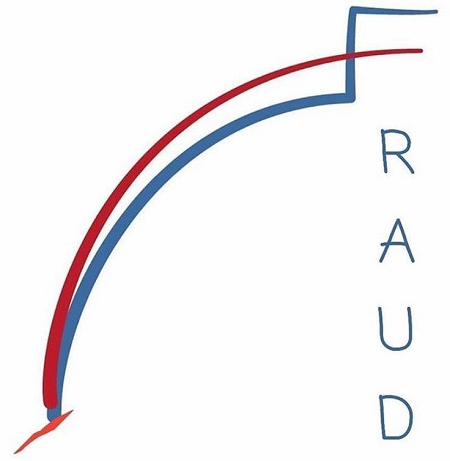 Parler
Parler Gab
Gab
SB 276 aims to protect expectant mothers
The bill has sparked significant opposition from nearly 270 Louisiana physicians, healthcare providers and medical students. In a letter to Pressly, the group argued that "neither mifepristone nor misoprostol have been shown to have any potential for abuse, dependence, public health risk, nor high rates of adverse side effects." Additionally, critics argue that the bill could severely restrict access to essential care for women. Michelle Erenberg, the executive director of the reproductive rights group Lift Louisiana, described the legislation as a "legitimate attempt to address a terrible crime" that had been "hijacked by anti-abortion activists." "It is absurd that the state would continue to pass laws that will delay access to timely care for pregnant patients when we have one of the highest maternal death rates in the country," she said. But Pressly, along with GOP lawmakers and anti-abortion groups, defended the legislation. Pressly said the law would not interfere with the legitimate prescribing or dispensing of the drugs. Instead, the bill aims to protect expectant mothers. "This legislation is intended to stop the abortion industry from profiting off of abuse and trafficking of vulnerable women through their flagrantly illegal distribution of pills," said Sarah Zagorski, communications director for Louisiana Right to Life. Visit Abortions.news for more stories about abortion drugs such as mifepristone and misoprostol. Watch this video that talks about the Supreme Court's decision to restore access to mifepristone. This video is from the Pool Pharmacy channel on Brighteon.com.More related stories:
Abortion pills on demand as DRONES will deliver morning-after pills to customers. REPORT: FDA used flawed studies, bad data to justify allowing abortion pills to be sent through the mail by pharmacists. NO TO "ABORTION TRAFFICKING": Lubbock County Commissioners Court approves anti-abortion transport ban. Pro-life groups sound alarm about new Alberta abortion clinic offering chemical abortion drugs via TELEMEDICINE. RFK Jr. backpedals on "full-term abortion" stance, now insists abortion is okay "up until a certain number of weeks." Sources include: Reuters.com NBCNews.com MSN.com Brighteon.comIsraeli military operations on track to making Gaza PERMANENTLY UNLIVABLE
By Richard Brown // Share
Rand Paul warns of “war in the streets” coming from Trump verdict
By News Editors // Share
Canada’s climate tyranny growing; America is not far behind
By News Editors // Share
Politicians suddenly calling for crimes against humanity charges for “evil” Fauci
By Ethan Huff // Share
Governments continue to obscure COVID-19 vaccine data amid rising concerns over excess deaths
By patricklewis // Share
Tech giant Microsoft backs EXTINCTION with its support of carbon capture programs
By ramontomeydw // Share
Germany to resume arms exports to Israel despite repeated ceasefire violations
By isabelle // Share










